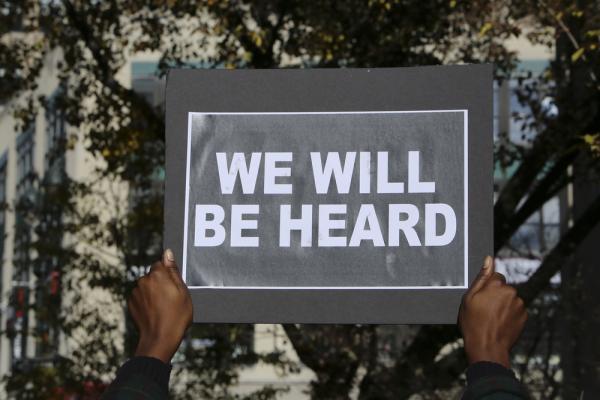I cringed. Recently, I sat watching a cable news broadcast — can’t remember which one. What I do remember is it featured people doing good in the world … and it made me cringe.
Lots of people were highlighted, but the two young black people they featured both shared the same general narrative: So and so had a hard life. He came from poverty. She came from abuse or neglect. But they rose above. Now look at all they’ve accomplished. It was striking. None of the stories of white people started with this narrative. Rather, theirs usually went something like: Little Suzy or Johnny took a class project and turned it into a major non-profit that helps thousands of orphans … in Africa.
No matter where you tuned into this broadcast, blackness unconsciously was associated with hardship and overcoming while whiteness was associated with genius and compassion.
I sat there thinking: The truth is we have had centuries of hardship to press through. Our history is present, the good and the bad. As in Toni Morrison’s Beloved, the ghost of slavery haunts us. It affects our present. But it’s not just the past that haunts us. It is the same basic oppression of yesteryear —confinement, control, and disregard for black lives. So, it makes sense that the stories of our overcomers are as potent in current-day narratives as they are in history.
Jackie Robinson, Joe Lewis, Paul Robeson, Zora Neale Hurston, Billie Holiday, were the overcomers of our past. The black children in that broadcast were the overcomers of our present.
But what about the black future? One hundred years from now, will my family’s descendants still have to watch featured stories of black people doing good that always begins: So and so had a hard life?
During Black History Month we typically look back on all the accomplishments of those who paved the road for generations to come. But this month, we have been inspired by the #BlackLivesMatter movement to look forward to another kind of future for black men, women, and children.
Read the Full Article

